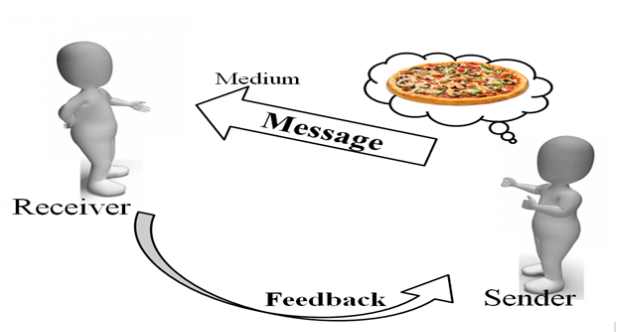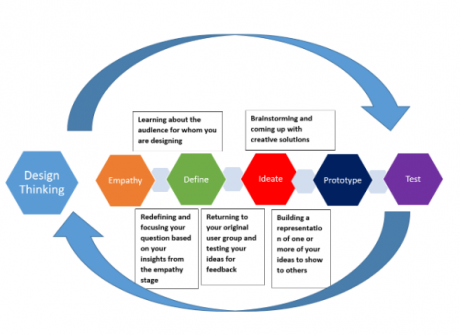The Role of Language in Education: How Your Linguistic Skills Boost Your Academic Achievements?

As the world becomes more globalized, the importance of language skills in education is only increasing. Not only do language skills allow you to communicate with people from other cultures, but they also have been shown to boost academic achievements.
The Australian education system places a strong emphasis on the importance of language skills. Language skills are important for academic success for several reasons, such as:
Understanding other languages allow you to access a wider range of information and perspectives.
Knowing two or more languages helps improve your cognitive skills, such as problem-solving, memory and concentration. Many students who take EAL/D (English as an Additional Language or Dialect) are bilingual or multilingual.
In an increasingly globalised world, they have better employment prospects, both in Australia and internationally. Also, they can take advantage of opportunities to study or work overseas. Working on their language skills helps them develop a better understanding of other cultures, which can, in turn, help them appreciate and value diversity.
It makes you more open-minded and develops an understanding of other cultures.
Language skills are important for social and cultural inclusion. For many students, learning English is a pathway to social and economic participation in Australia. It can also help them connect with their own culture and community.
Most of the English courses students take from K-12 help them develop the linguistic skills that will be required for tertiary-level education as well as cultural and social awareness.
As students study oral, written, digital and multimodal texts from Aboriginal and Torres Strait Islander peoples or Asian cultures, they learn about the world from different perspectives. This type of learning broadens their horizons and develops their empathy and understanding of other cultures. It also helps them see the world from multiple perspectives, which is a valuable skill in an increasingly connected world.
It develops your critical thinking and analytical skills.

When you are studying a language, you are not just learning about grammar and vocabulary. You are also developing your critical thinking and analytical skills. These skills are important for success in any academic discipline.
For example, when you are reading a text in another language, you are not just translating the words. You are also analysing the author’s meaning and purpose. This type of analysis requires you to think critically about the text and to make inferences based on your understanding of the language.
You learn to identify, analyse, evaluate and manipulate the choice of vocabulary, language features, stylistic features, tones, registers, dialects, and so on. In other words, you develop a greater understanding of how language works and how it can be used to communicate effectively to different audiences and for different purposes.
It enhances your ability to express yourself clearly.
How many times have you seen a highly talented person who’s not as successful as he or she deserves because of a lack of good communication skills? Many people believe that being able to express yourself clearly is a key to success. After all, if you can’t communicate your ideas, how can you persuade other people to listen to you and support you?
It doesn’t matter how intelligent or knowledgeable you are if you can’t express yourself clearly. Language skills allow you to do just that. They give you the ability to communicate your ideas, thoughts and feelings clearly and effectively.
Effective oral and written communication can open many pathways for you – from getting scholarships to getting into the college of your choice. And if you need the help of a professor, you’re more likely to get it if you can express yourself fluently and confidently.
There is a growing body of evidence that suggests that language skills can have a positive impact on academic success. For example, a recent study by the Organization for Economic Cooperation and Development (OECD) found that students who had better language skills tended to outperform their peers in other subject areas.
While the importance of language skills in education is undeniable, there are still many barriers that prevent students from attaining them. For one, language acquisition is a complex process that requires time and immersion to be successful. Additionally, not all students have access to quality language instruction.
Despite these challenges, it is clear that the benefits of language skills in education make them worth pursuing. If you are interested in developing your language skills, CrunchGrade offers many personalised resources and highly trained tutors to help you achieve success. Contact us today to get started!
Find best tutors from all across the Australia – Sydney, Melbourne, Adelaide, Perth, Newcastle, Goldcoast, Canberra, Brisbane.
To make it easier for you to decide, your first session is completely FREE!
Select and book a tutor for Math, Science, English and all the other subjects.
